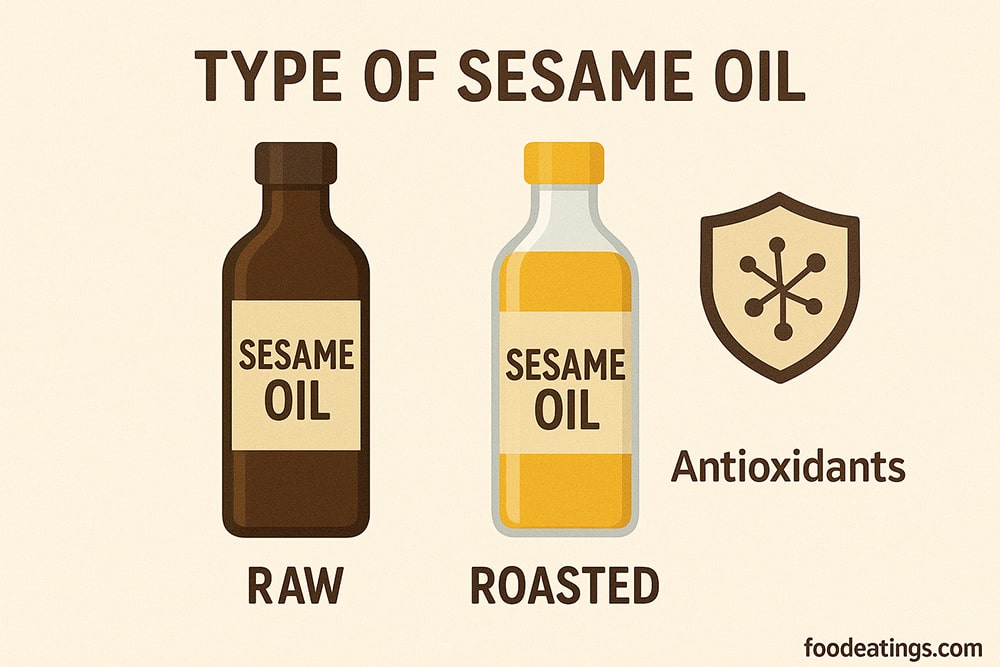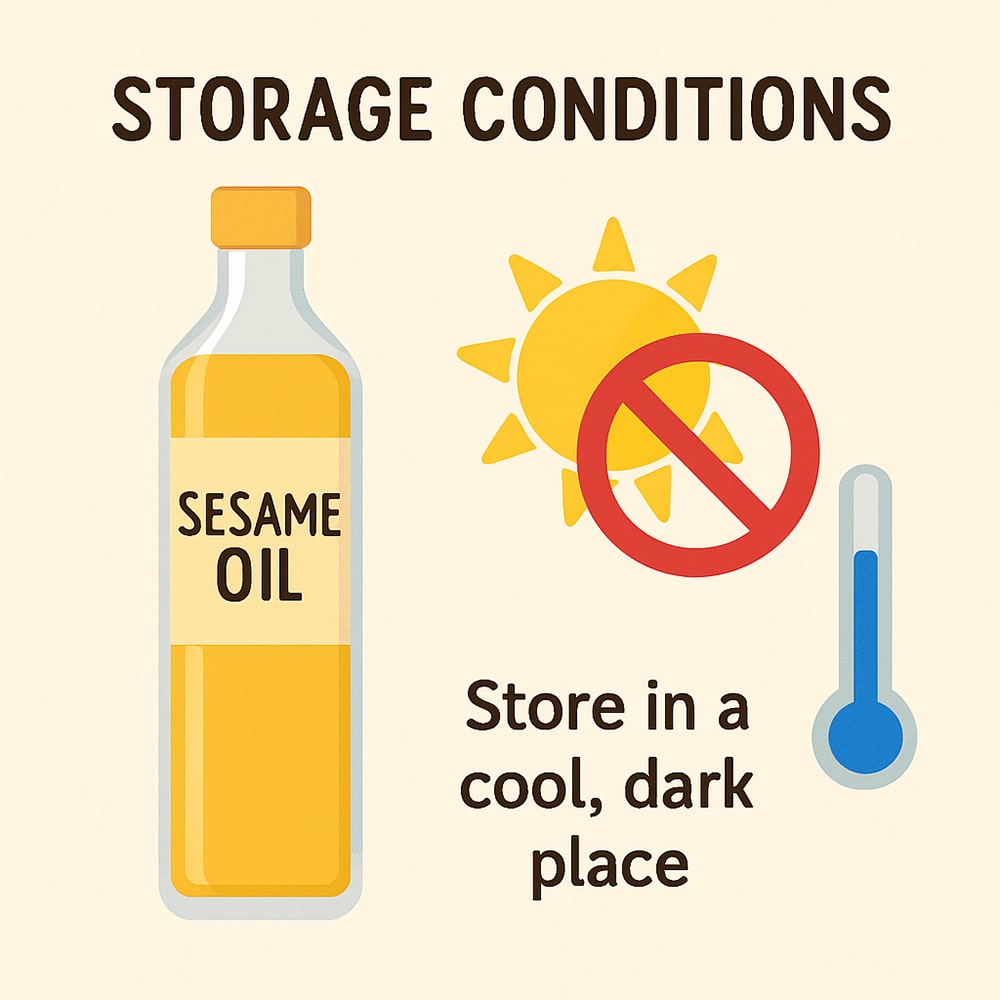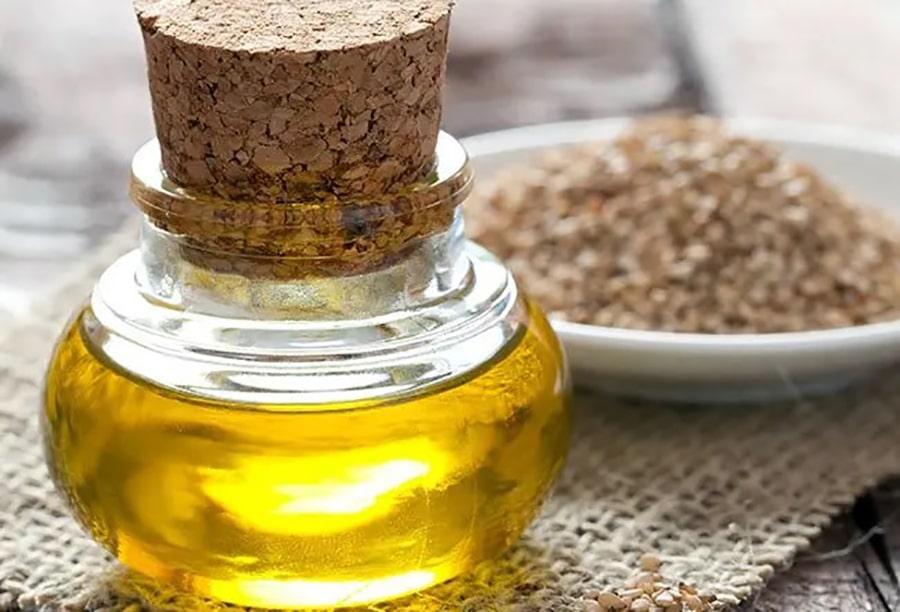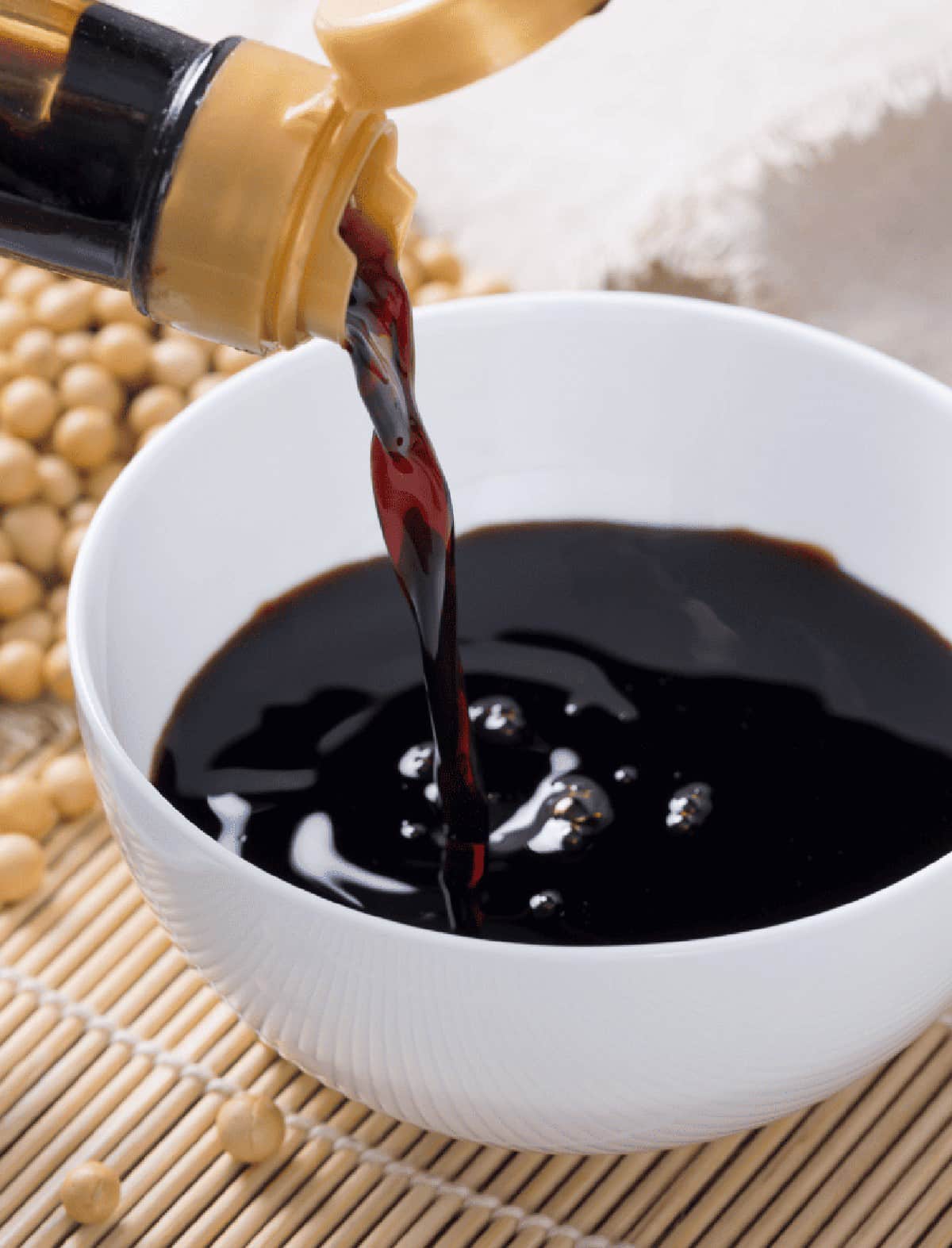As a food blogger, foodeatings knows all too well that delicious food always starts with fresh, quality ingredients. So, I always try to share fresh, high-quality, nutrient-rich food. One of my concerns is with ingredients like sesame oil. What about sesame oil that’s been stored for a long time? Will it expire? Well, questions like “Does sesame go bad?” are common ones we encounter on my Instagram (foodeatings).
How do I answer the question “Does sesame oil expire?” This is the core of my review this time. If you’re also wondering this, then you’ve come to the right place. Keep reading my review here.
Have you ever bought a bottle of this cold-pressed oil? Let’s say you did. Then you stored it in your pantry for a long time, maybe months. Then one day, you looked at it neatly stored in the pantry and wondered, Is this sesame oil still good to use or should it be thrown away?
Look at the Answer for “Does Sesame Oil Go Bad?”
In this blog post, I’ll discuss this oil in more detail. I’ll discuss its shelf life, how to store it properly, and I’ll also provide important tips for maintaining its quality. My goal in sharing this information is to ensure your stored oil stays fresh for a long time. Consider this a guide to maintaining the quality of your unrefined oil, so that every time you use it, it’s as fresh as the day you bought it.
If you find this article important, please continue reading. However, if you already understand it, you can skip it.
The Sesame Oil Shelf Life
The distinctive aroma and rich flavor make it a favorite in cooking. However, every product has a shelf life, and this distinctively flavored oil is no exception.
In general, this unrefined oil can last between 6 and 12 months from the date of production. The shelf life of sesame oil varies depending on the quality of the oil and how it’s stored.
Now, I’d like to share some factors that determine how long sesame oil will last. This will help you better understand when purchasing and storing it.
Factors Affecting Sesame Oil’s Shelf Life
Several important factors determine the shelf life of sesame oil. This is also known as important tips for maintaining the quality. By understanding this factor, you will automatically understand how to store it properly and how to maintain its quality for longer.
1. Type of Sesame Oil

There are two types: raw and roasted. These two types differ in antioxidant content and processing, so their shelf life can also vary. [sciencedirect]
2. Packaging

Oil packaging also varies, and this significantly impacts its shelf life. If packaged in a dark, airtight bottle, it will have a longer shelf life because it protects the oil from light and oxygen. If this is safe, it will also extend its shelf life.
3. Storage Conditions

Proper storage is crucial. This means storing it in a cool, dark place, away from direct sunlight and heat sources.
These three steps are crucial. By understanding and following these instructions, it will have a longer shelf life.
Recognizing Expired Sesame Oil
Although sesame oil doesn’t spoil easily, its quality will continue to decline as it ages. If you feel like you’ve been storing it for a long time, it’s important to know the signs of expiration. These include:
- Odor: Odor is one sign of spoilage; usually, if it’s spoiled, it will smell rancid or unpleasant. When fresh, it will smell nutty.
- Taste: Expired oil will have an unpleasant or bitter taste.
- Color Change: Pay attention to the color. Fresh oil is clear yellow, but if it’s spoiled, it will become cloudy.
Check out more:
Conclusion
Does sesame oil go bad? Yes, it will. But when does this happen? This depends on factors that influence its shelf life.
Generally, it will last between 6 and 12 months. However, by understanding proper storage methods and the factors that influence its shelf life, you can store it correctly and maximize its shelf life. That’s the essence of this valuable information.







